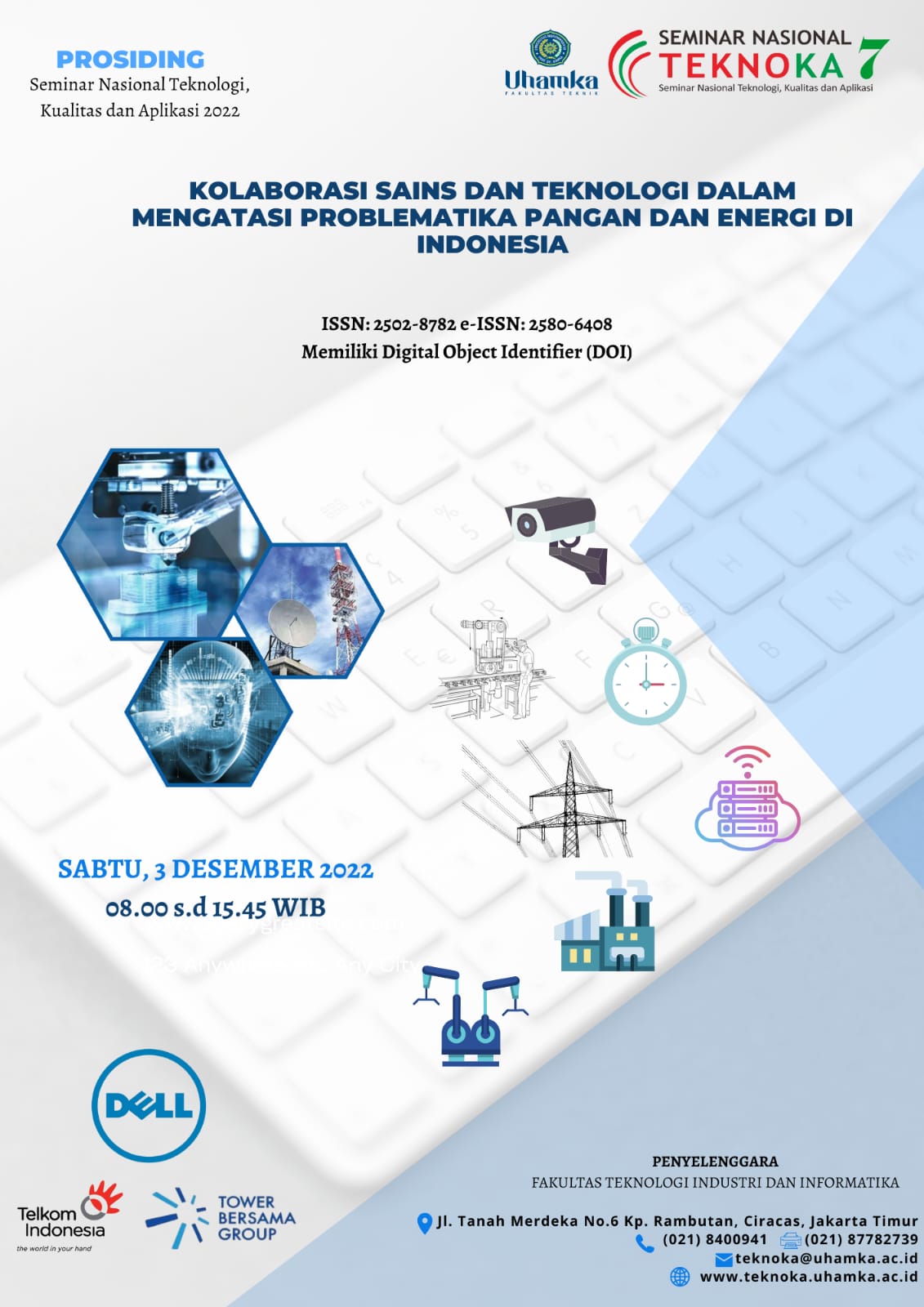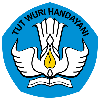Analisis Perbandingan Indeks Prestasi (IP) Mahasiswa Sebelum dan Saat Pandemi Menggunakan Metode Naïve Bayes
Keywords:
gpa, naïve bayes, predictionAbstract
The occurrence of the COVID-19 pandemic has caused changes in various aspects, including the way of learning that has turned into online learning. Naïve Bayes is statistical classification method can make predictions in the future. The purpose of this study is to determine the predicted value obtained up or down from the dataset and to find out the accuracy results in the algorithm testing process and evaluation testing. Naïve Bayes Algorithm can predict whether the GPA will increase or decrease in the in the following semester. The accuracy value of the Naïve Bayes Algorithm test obtained results of 80% before the pandemic and 83% during the pandemic and in the evaluation, process carried out before the pandemic the value rose to 91% precision, 64% recall, and 75% f1-score. As for the decreasing value, the precision value is 76%, the recall is 95% and the f1-score is 85%. During the pandemic, the value went up to get a precision value of 83%, recall of 99%, and an f1 score of 90%. As for the decreasing value, the precision value is 88%, the recall is 30% and the f1-score is 45%. The prediction results before the pandemic for the value to increase amounted to 34 and decreased to 71, and during the pandemic, the predicted value to increase was 95 and decreased by 9.
Downloads
References
Anna Maria; Hartini H. (2020). Pengaruh Kompetensi Pedagogik dan Profesional Dosen Terhadap Indeks Prestasi Mahasiswa Semester II AKJP II Pekanbaru. Jurnal HUMMANSI 3(1), 15–22. https://journal.stikomyos.ac.id/index.php/jurnalhummansi/article/download/244/136.
Susilo, U., & Arifin, M. (2020). Analisis Hubungan Indeks Prestasi Semester Dan Indeks Prestasi Kumulatif Dengan Prestasi
Mahasiswa Fakultas Ekonomi Universitas Kadiri. Jurnal Riset Bisnis Dan Ekonomi, 1(1), 12–22.http://ojs.unikkediri.ac.id/index.php/jimek
Jamaluddin, D., Ratnasih, T., Gunawan, H., & Paujiah, E. (2020). Pembelajaran Daring Masa Pandemik Covid-19 Pada Calon Guru : Hambatan, Solusi dan Proyeksi. Karya Tulis Ilmiah UIN Sunan Gunung Djjati Bandung, 1–10.http://digilib.uinsgd.ac.id/30518/.
Sari, Z., & Sarosa, M. (2018). “ Si Tole ” Chatterbot untuk Melatih Rasa Percaya Diri Menggunakan Naive Bayes Classification. 7(1), 64–71.
Widaningsih, S. (2019). Perbandingan Metode Data Mining Untuk Prediksi Nilai Dan Waktu Kelulusan Mahasiswa Prodi Teknik Informatika Dengan Algoritma C4,5, Naïve Bayes, Knn Dan Svm. Jurnal Tekno Insentif, 13(1), 16–25.https://doi.org/10.36787/jti.v13i1.78
Downloads
Published
How to Cite
Issue
Section
License
Copyright (c) 2023 Prosiding Seminar Nasional Teknoka

This work is licensed under a Creative Commons Attribution-NonCommercial-ShareAlike 4.0 International License.






 Supported by :
Supported by :



